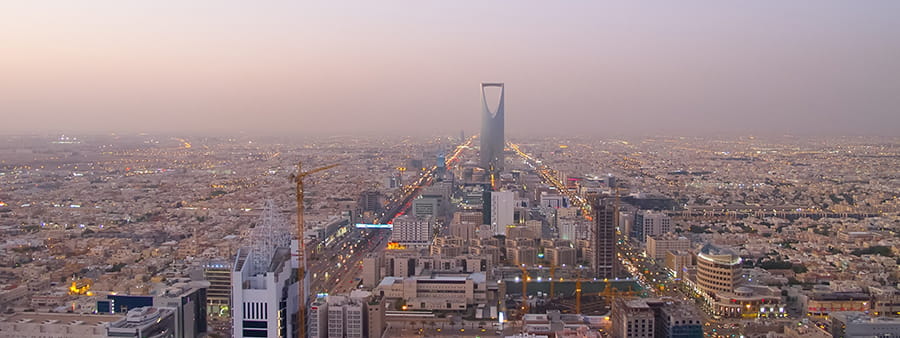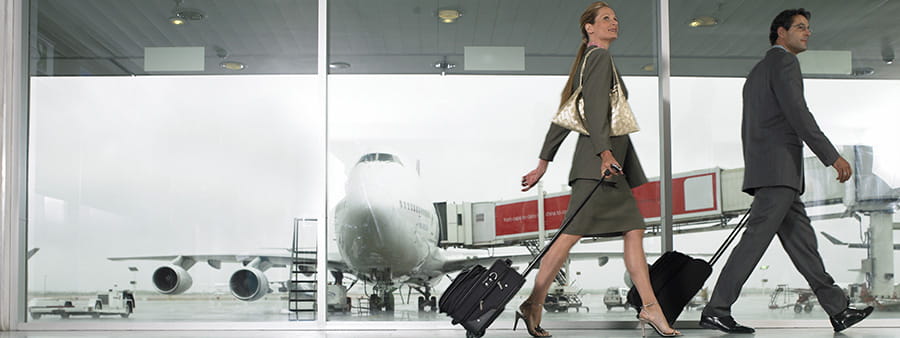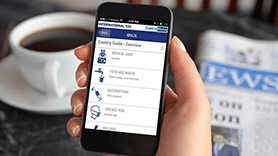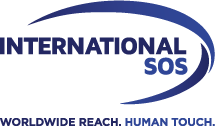MERS-CoV
Last updated: February 2017
MERS-CoV cases prompt businesses to review pandemic plans
In 2012, a new virus, Middle East respiratory syndrome coronavirus (MERS-CoV) - previously known as ‘novel coronavirus’ - was identified. The virus appears to live in camels in the Middle East, and occasionally makes the jump to infect people. However once a person has MERS, they can spread it to other people. International travel means this threat is a global concern.
The largest outbreak outside the Middle East occurred in South Korea in May-June 2015, with more than 180 cases including 36 deaths1 associated with over 20 healthcare facilities. Disruptive public health actions including school closures and mandatory quarantine of thousands occurred in the country. Hong Kong and China also implemented quarantine measures after a traveller from South Korea was diagnosed with MERS-CoV in Guangdong.
To protect the welfare of individual employees, and maintain productivity, businesses need to keep informed about the virus and put plans in place to mitigate the risks.

International SOS is playing a leading role in providing specific advice and support for medical and security risks, no matter where your people are. Our specialist teams are working around the clock to keep your employees protected and business moving.
- Assess and understand the risks of exposure at your destination: We analyse and evaluate any location you are sending your employees to and recommend measures that help mitigate risks.
- Educate your travellers before they depart: Through our specialist medical information and education programmes, we help you to prepare your travellers for the local situation as well as advise on measures to take should the situation deteriorate.
- Around the clock access for your travellers to specific local advice: Our qualified doctors and security specialists are there for your employees, no matter what, where or when.
- Stay connected with your travellers and keep track of them in a high risk location: We make sure your employees receive the latest information and are prepared at all times.
Achieve your goals and avoid loss of time and productivity by preparing your employees for travel and supporting them when they are in unfamiliar and remote locations. We help to keep your people healthy and safe, so you can focus on your core business activities.

FURTHER INFORMATION
MERS-CoV belongs to the same family of viruses as SARS (Severe Acute Respiratory Syndrome), the coronavirus family. As it is new, there is much scientific detail which is unknown and requires further research. There is no specific treatment and no vaccine available.
Cases have been reported across the Arabian Peninsula, with Saudi Arabia, Jordan2 and the United Arab Emirates (UAE) reporting the highest number. Some infected people have travelled to other countries and caused outbreaks with close contacts and in healthcare facilities.
MERS-CoV can cause a flu-like illness, however it can progress to a severe infection. About 36% of MERS patients have died.3 People at increased risk of severe infection include those with underlying health problems such as diabetes. People are getting infected through direct contact with camels and close direct contact with people who are sick with MERS-CoV. Clusters of infection have been noted in the healthcare environment and in family members.
Keeping informed
Companies with operations or travellers in affected areas need to stay informed in order to fulfil their Duty of Care. They also need to have procedures in place should an outbreak occur and should disruptive public health actions be implemented. Being prepared will reduce the risk to their employees and business continuity.
At International SOS, our medical advisors have given numerous media interviews, helping to disseminate information and advice about MERS-CoV symptoms and what precautions to take when travelling to an outbreak area.
We have seen an increase in calls received by our Assistance Centres requesting information about MERS-CoV. We invite any member to contact one of our Assistance Centres to get information or advice about MERS-CoV before, during or after travel. We are equally available to those members living and working in locations where MERS-CoV is a risk, who need advice and reassurance for themselves and their families.
Sources:
1. http://www.who.int/csr/don/25-october-2015-mers-korea/en/
2. http://www.who.int/emergencies/mers-cov/map-10-february-2017.png?ua=1
3. http://www.who.int/mediacentre/factsheets/mers-cov/en/














